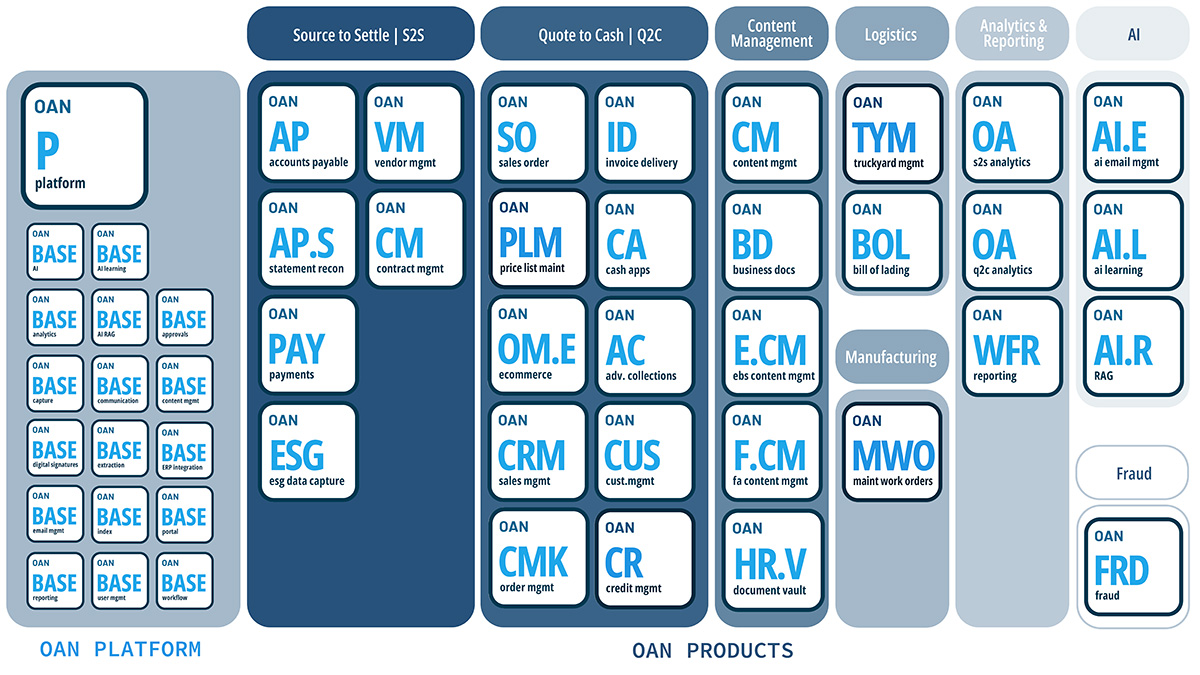Let’s face it–nothing’s more off-putting than when you go to a family gathering and some relative comes up to you and says, “Oh, that’s you….yes….I forgot who you were….you look so different now.” If we’re not careful, we’re going to have that same “moment” with our own workplaces as we start to transition back to in-person office life. It also means that you’ll need to do some reflection on employee roles and potentially think about doing some recalibration and/or retraining.

Network concept, digitally generated image
Let’s think about what that might look like if you have an enterprise resource planning system (ERP). Whether you’re new to the ERP game or trying to make your current setup more efficient, right now is the absolute best time to remember how to have successful ERPs whether it’s pre or post-pandemic.
For a successful ERP, you’ll need to reflect on four key questions (although the first one’s a bit of a two-parter):
1. Who’s on our team and where can I set them up for success?
2. What’s the best ERP solution for the company?
3. Who’s the best vendor that will help me implement my ERP?
4. What should the official roles be for the members of our ERP team?
Who’s on our team and how I can set them up for success?
If you had the time to study some of the best managers regardless of whatever field they’re in, you’ll find a common bond pretty quickly–they know who they have and where they belong.
Before you even pick an ERP, you need to have a solid idea of the strengths and weaknesses of your team. Take this information with you to the marketplace once it’s time to go searching for your new system. Let those strengths and weaknesses guide your selection.
What’s the best ERP solution for the company?
Armed with the knowledge you found from the previous question, you are now making nearly the most informed decision possible as you select the best ERP solution. However, you can make this decision even MORE of a slam dunk if you consider the size of your business.
Think about which of these three most sounds like your business:
Small Business: Very few employees, most of your customer base is local, basic bookkeeping programs are plenty sufficient for your needs.
Medium Business: Several employees, growth has been quick, overseeing the addition of new employees has been more difficult when using procedures that worked as a small business
Large Business: Extremely high number of employees, a large customer base that reaches nationwide or even globally, many sophisticated needs occurring simultaneously
There are plenty of ERPs that can be tailored to business size. Consider that benefit when making your choice. You might even build some more goodwill with your team by asking for their input on the decision, too.
Who’s the best vendor that will help me implement my ERP?
Just like the previous question, there are lots of options. However, while we must admit we are biased, we’re big fans of our friends clocking in at #2 on this menu of vendors here.
Rely on the expertise of your vendor for a seamless transition.
What should the official roles be for our ERP team?
Depending on the needs of your business, these roles will vary significantly. However, we recommend thinking about these roles that will likely be critical for the success of any business:
The “Manager”–this is the person who makes all of the overall final decisions on anything ERP-related. They should be skilled at soliciting input from other team members and communicating their own ideas to the rest of the team.
The “Implementer”--this is the person who will oversee the implementation of the ERP and organize training as necessary. They should have substantial knowledge of ERP vendors and how to work with them.
The “Expert”–this is the person who acts as your go-to member for all questions tech-related. Having more than one person in this role can be very successful, too, especially if your company is large and/or you want to provide more leadership opportunities for your brightest stars.
The “Reps”–these will be people who represent their various departments. They should be people who can communicate their own teams’ most immediate unique needs as they relate to ERP matters.
The “Writer”–this person will be your master at organizing information and relaying it back to the rest of the team. ERPs are complex systems with lots of moving parts. You’ll need someone who knows how to articulate everything that’s going on but in a way that everyone can understand.
So there’s a quick guide to get you started. As with any big decision, reflection and contemplation are critical. Bring your team members into the process, and let us know how it’s going on our social media pages!
Twitter @oAppsNETGroup
LinkedIn @oAppsNETGroup

